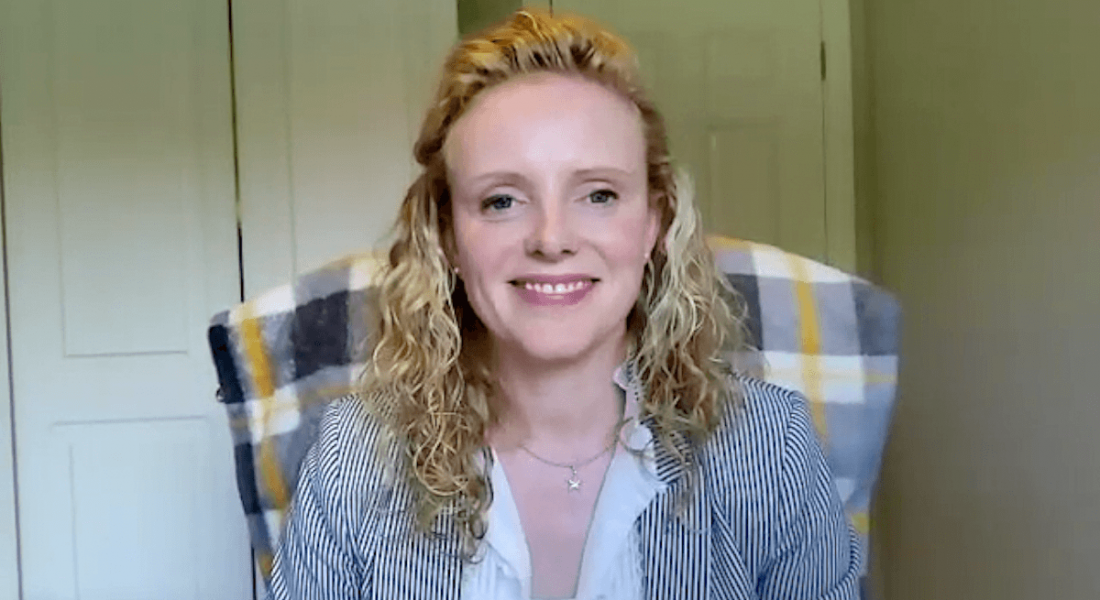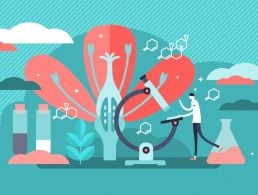Jill Christian from Amgen spoke to Siliconrepublic.com about her career and how the world of STEM has changed for women.
The need to support women in STEM is spoken about a lot, and plenty of progress has been made in this area from mentorship programmes to educational support. However, statistics over the last number of years show that plenty of work still needs to be done.
For example, a recent survey of more than 10,000 third-level students in Ireland across seven sectors showed that the women who were surveyed expected to earn salaries up to 14pc lower than men.
In STEM specifically, Pfizer research last year found a significant gender gap in science and tech professions in Ireland, with 15pc of men working in STEM compared to just 7pc of women.
And in 2019, a study of more than 500 scientific institutions found that career progression for women in science is “disappointingly low” because, while women now make up half of the student body in life sciences courses, fewer than one in four professors are women.
But what has this all been like for the women working within the sector during this time? Siliconrepublic.com asked Jill Christian, supply chain director for Amgen in Ireland.
Having started out as an engineer and working for big names such as Jacobs Engineering, Roche, Bristol Myers Squibb and now biotech giant Amgen, she took a leap into supply chain in 2008 and has been working in that area ever since.
She said the STEM industry has changed massively since she graduated 20 years ago. “When I graduated, thinking back, there were very few females in leadership in those large companies,” she said. “Whereas now, I’m proud to say I’m part of a senior leadership team where of course 45pc of the members are female.”
While some talk about the need to do more from a leadership and industry point of view to encourage more women into STEM, others talk about early intervention in schools.
Christian said something needs to be done from the bottom up as well as from the top down. “As a mum of three small girls, I definitely think we need to get into schools earlier and we need to encourage science and I think we need to be aware that there’s a gender bias in society towards young girls,” she said.
“And then from a top down, I think once people are in industry there needs to be more females speaking about their experiences, up through all the levels of every organisation, and then there needs to be mentorship and sponsorship of females to help them progress.”
In her own career, she acknowledged that being a woman in a very male-dominated industry came with its own challenges around ensuring her voice was heard.
“Especially as I moved up through leadership roles in various organisations, how I get to be heard while still staying true to myself and not necessarily changing who I am to be heard [has been a challenge].”




